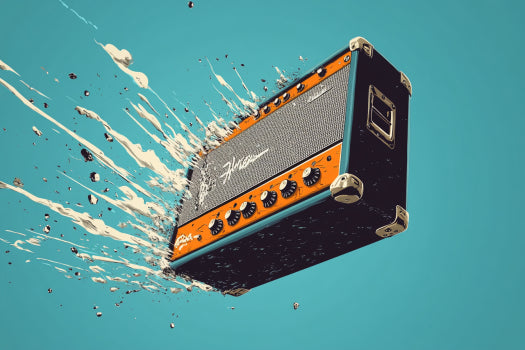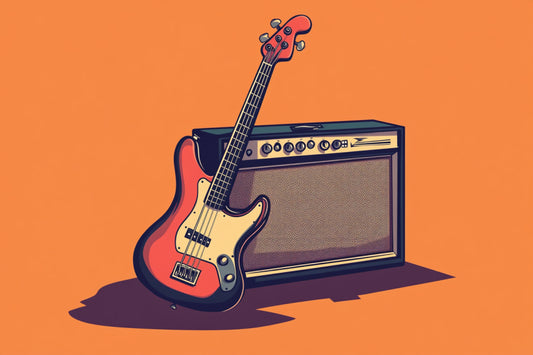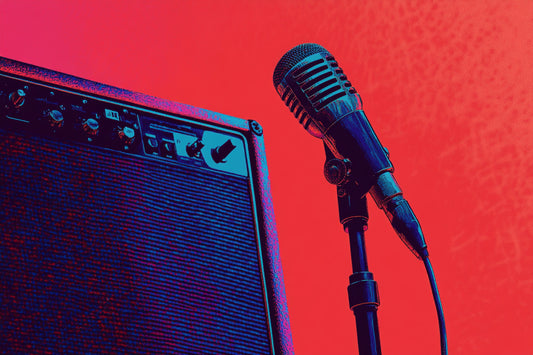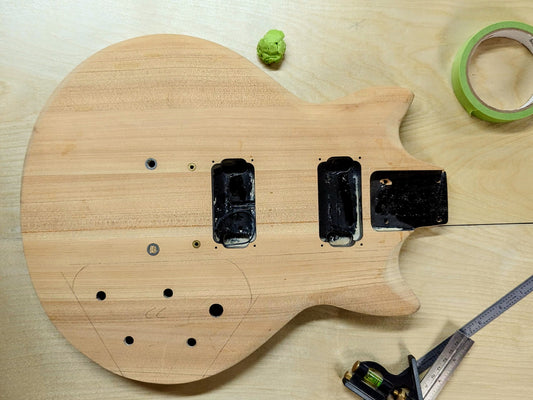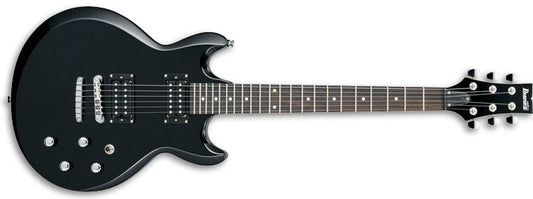
Have you ever been in the middle of a solo, only to be interrupted by an annoying crackling sound from your amp? It’s a common issue that guitarists, bassists, and other musicians face. Understanding why your amp is crackling can not only save your performance but also prolong the life of your equipment. In this article, we'll explore the common causes of amp crackling and provide practical solutions to keep your sound crisp and clear.
Common Causes of Amp Crackling
1. Cable Issues

One of the most common causes of amp crackling is faulty cables. Cables that are old, damaged, or of low quality can cause intermittent connections, leading to crackling sounds.
- Check Your Cables: Inspect your cables for any visible damage or wear. Wiggle the cable while plugged in to see if the crackling changes or stops.
- Quality Matters: Invest in high-quality cables that are less prone to interference and damage.
- Maintenance Tips: Regularly clean the connectors and avoid excessive bending or twisting of the cables.
2. Dirty or Oxidized Jacks
Over time, the jacks on your amp and instrument can oxidize or accumulate dirt, causing poor connections and possibly resulting in crackling.
- Cleaning the Jacks: Use a contact cleaner specifically designed for electronics. Gently clean the jacks with a cotton swab or a soft brush.
- Prevent Oxidation: Store your equipment in a dry place and use covers to protect from dust and moisture.
3. Faulty Tubes (for Tube Amps)

Tube amps, beloved for their warm sound, are particularly susceptible to crackling due to faulty tubes. Quality tubes take a long time to wear out, but when they do it will cause problems.
- Signs of a Faulty Tube: Look for a flickering light inside the tube, strange noises, or a significant change in sound quality.
- Replacing Tubes: If you suspect a tube is the issue, replace it with a new one. Always handle tubes with care and follow manufacturer instructions. Look up guides and tutorials if you plan to do this yourself.
- Regular Checks: Periodically check your tubes for signs of wear and replace them as needed to avoid unexpected issues.
4. Speaker Problems
Speakers can also be the culprit behind crackling sounds. Issues may arise from a damaged cone or loose connections.
- Inspect the Speaker: Look for visible damage such as tears or dents in the cone. Small defects in the speaker, while not ideal, are usually not much of a problem. Large tears or dents however, should be addressed.
- Tighten Connections: Ensure all speaker connections are secure. Loose connections can often cause crackling. After checking cables and jacks, loose connections one of the likeliest culprits.
- Professional Help: If the speaker damage is significant, it might be best to consult a professional for repairs or replacements.
5. Electrical Interference
External electrical interference can introduce unwanted noise into your amp setup.
- Identify Sources: Common sources include other electronic devices, power strips, or even fluorescent lights.
- Minimize Interference: Use shielded cables, and try to keep other electronics away from your amp setup. Consider using a power conditioner to filter out noise from your power supply.
6. Internal Components and Connections
Internal issues within the amp, such as loose connections or faulty components, can also cause crackling.
- Check Internal Connections: If you’re comfortable opening your amp, check for loose wires or connections. Ensure everything is securely in place. Remember, amplifiers can carry enough electrical current to be lethal! Use caution, or consult a professional.
- Seek Professional Help: For more complex internal issues, it’s advisable to take your amp to a professional technician.
Preventative Measures
Prevention is better than cure. Here are some general tips to prevent your amp from crackling:
- Regular Maintenance: Regularly clean your equipment and check for any signs of wear or damage.
- Use an Amp Stand: An amp stand can help reduce vibrations and keep your amp outside the range of spills or flooding.
- Proper Storage: Store your amp in a dry, cool place away from dust and moisture.
Conclusion
Crackling amps can be a source of frustration, but with proper care and maintenance, you can keep your equipment in top shape and enjoy a clear, uninterrupted sound. Remember to check your cables, clean your jacks, inspect your tubes, and minimize electrical interference. By taking these steps, you can ensure that your amp performs reliably every time you play.
If you're looking for quality equipment to enhance your setup, check out our amp stands, designed to improve your sound and protect your gear. For more tips on equipment care and maintenance, visit our blog.

